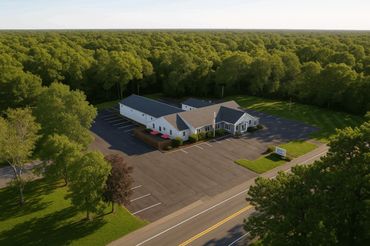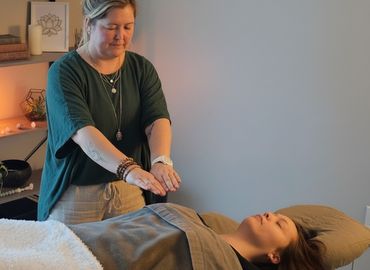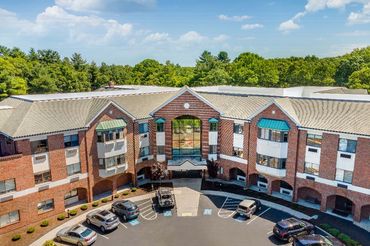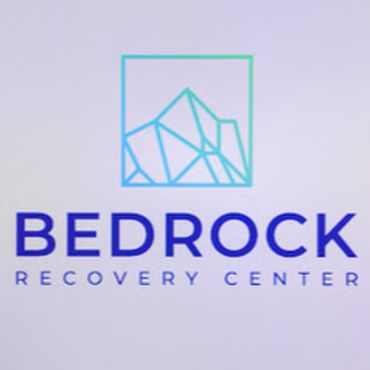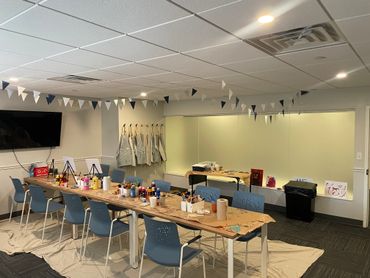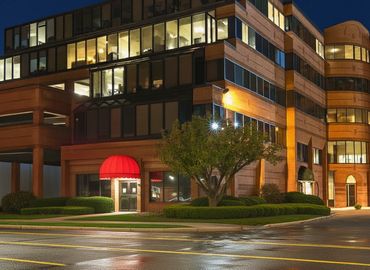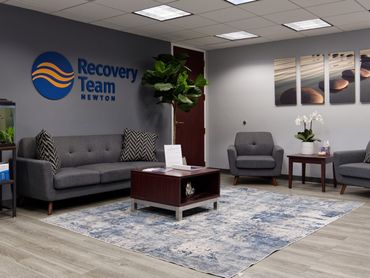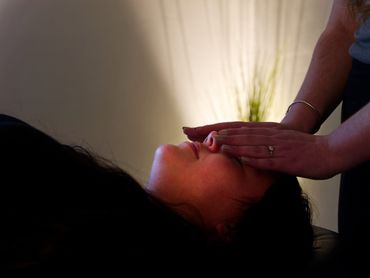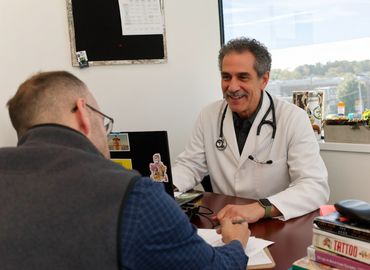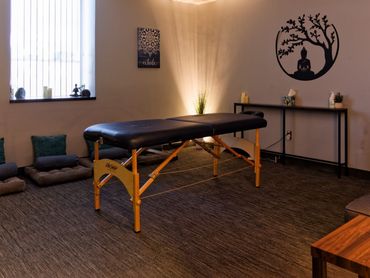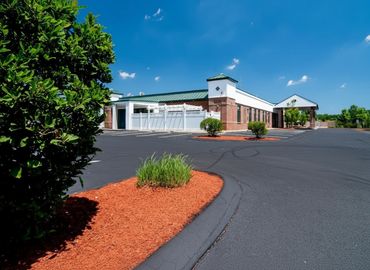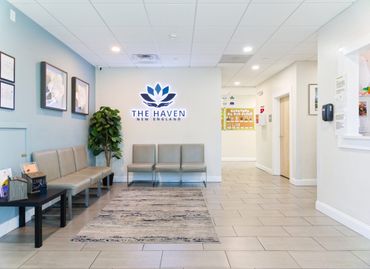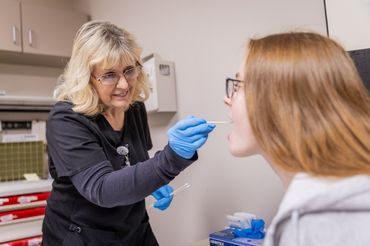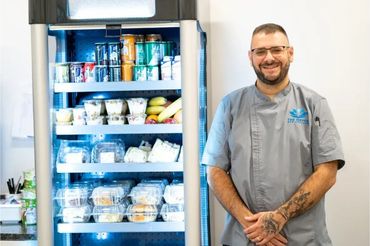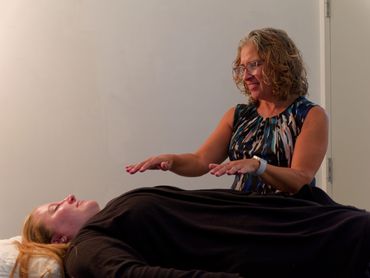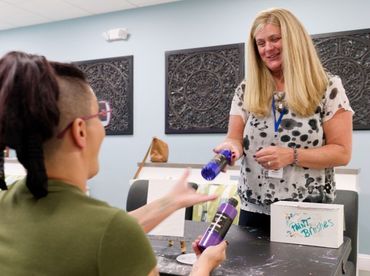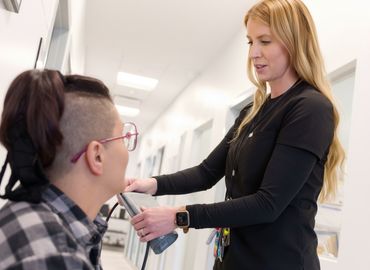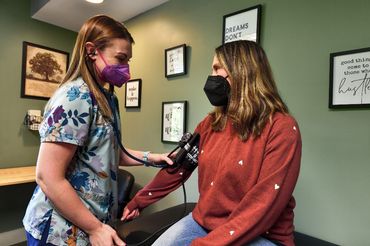
Drug & Alcohol Rehab Centers near East Falmouth, MA
When facing the challenging journey of overcoming substance use disorder in East Falmouth, Massachusetts, it’s crucial to begin by finding the right treatment. Understanding your payment options is the first step towards recovery, ensuring that you receive the support you need to regain control of your life.
Treatment Centers near East Falmouth, MA
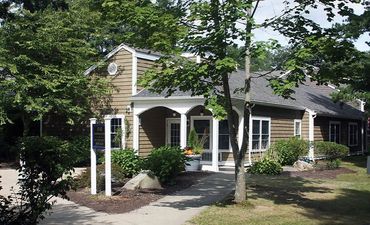
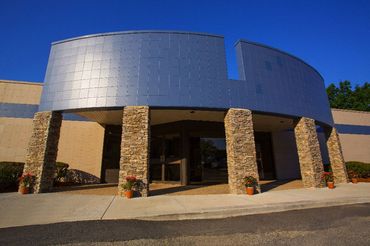
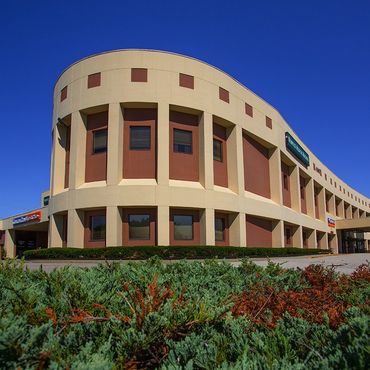
All Treatment Centers near East Falmouth, MA
Are You Covered For Treatment?
- Worcester Rehabs
- Boston Rehabs
- Springfield Rehabs
- Brockton Rehabs
- Fall River Rehabs
- Taunton Rehabs
- New Bedford Rehabs
- Holyoke Rehabs
- Framingham Rehabs
- Tewksbury Rehabs
Information About Rehab in East Falmouth
Latest Reviews
Latest Reviews of Rehabs in Massachusetts
The Recovery Team - Cape Cod
My experience at RCI was amazing. Staff members awesome and facilities were great.
MiraVista Behavioral Health Center
miravista is definitely a good place i cant say i loved it but it wasn’t the worst experience,Sam Jordan and Big Mike are pretty great I like Cheryl a lot I hope this helps , meals are good but if you struggle to eat they have ensures💚🌸
Arbour Hospital
It was awful. The staff were basically babysitters of very medicated patients.
Area Information
Nestled on the scenic Cape Cod peninsula, East Falmouth is a picturesque community known for its coastal charm and natural beauty. The area is home to a close-knit population of just over 6,0001 that cherishes the tranquil atmosphere, making it an ideal setting for those seeking solace and recovery. The serene surroundings and welcoming community create a supportive environment for individuals on their path to healing.
Substance Misuse and Addiction in East Falmouth, Massachusetts
Misuse of drugs and addiction have had a significant impact on East Falmouth and the encompassing Barnstable County. In 2020, the rate of fatalities attributed to drug-induced causes stood at 35.6 per 100,000 residents in Barnstable County, surpassing the statewide rate of 30.6 per 100,000.2 This trend of increasing mortality rates has been ongoing since 2010, reflecting the pressing concern of substance misuse within the region.2
Drug and Alcohol Rehab
Rehabilitation facilities offer a diverse range of options and programs designed to address addiction and facilitate the journey to recovery. These programs are tailored to meet the unique needs and circumstances of individuals seeking help.
What Happens in Drug and Alcohol Rehab?
Rehabilitation encompasses multiple levels of care, each catering to various stages of recovery. These stages include detox, inpatient treatment, outpatient treatment, and aftercare, recognizing that every individual’s path to recovery is distinct.
Detox Programs
Detoxification, often the first step in the journey to recovery, is a medically monitored process where individuals receive vital assistance in managing the challenging withdrawal symptoms that accompany substance dependence. These programs are designed to help individuals safely and comfortably rid their bodies of harmful substances. Medications and medical supervision are provided to alleviate the discomfort of withdrawal, making this initial phase of recovery more manageable.
How Long Is Detox in Rehab?
The duration of detox varies based on factors such as the specific substances involved, individual health, and the severity of addiction, but it typically spans from 3 to 7 days. It’s an essential foundation for those on the path to recovery, ensuring a stable starting point for further treatment.
Inpatient Drug and Alcohol Rehab
Inpatient drug and alcohol rehab programs provide intensive, round-the-clock care within a structured environment. These programs use a combination of individual and group therapy to address addiction and any co-occurring disorders that may be present. Inpatient treatment is designed to create a supportive and immersive atmosphere, removing individuals from the triggers and temptations of their everyday lives. While 30-day programs are among the most popular, treatment can extend to 60 or 90 days when necessary to ensure comprehensive healing.
Outpatient Drug and Alcohol Rehab
Outpatient drug and alcohol rehab offer a more flexible approach to treatment. These programs allow individuals to attend therapy sessions while continuing with their daily lives. Outpatient programs equip patients with the tools for aftercare and relapse prevention, vital for maintaining long-term recovery. In outpatient settings, individuals learn to apply the coping strategies and skills acquired during therapy to real-world situations. These programs often includes individual and group therapy sessions, and the frequency of these sessions can vary based on the specific program and individual needs. These programs provide an essential bridge for individuals transitioning from the more structured environment of inpatient care to independent, sustained recovery.
How Much Does Rehab Cost?
Paying for rehab can seem like a daunting burden, but it should never deter someone from seeking help. There are various options available to help cover the costs, such as:
- Payment Plans
- Government Grants and Scholarships
- Free Rehab
- State-Funded Rehab
Does Insurance Cover Drug and Alcohol Rehab?
Many insurance providers do offer coverage for at least a portion of the costs associated with drug rehab. Exploring your drug rehab insurance options can alleviate financial concerns. Widely accepted insurances include:
Finding The Best Rehab Center
East Falmouth, Massachusetts Drug and Alcohol Rehab Facilities
Individuals can use our rehab locator tool to find nearby facilities, whether they wish to stay in Massachusetts or seek treatment elsewhere. While in-state treatment is an option, going out of state can reduce distractions and increase the chances of successful recovery.
Sources
- United States Census Bureau. East Falmouth, Massachusetts. July 1, 2022.
- Barnstable County Department of Human Services. Substance Use Assessment. January 2023.

